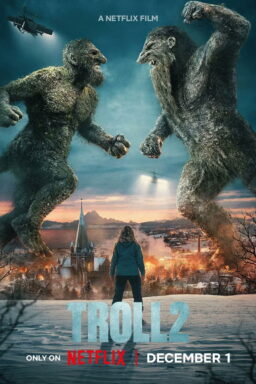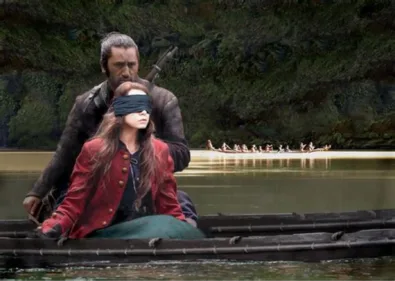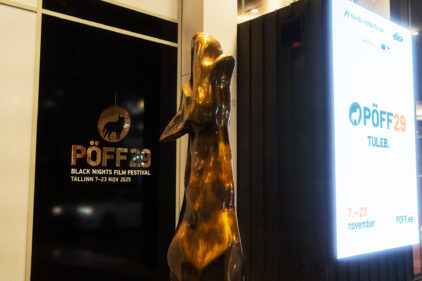This is a scummy little sewer of a movie, a cesspool that lingers sadistically on shots of a killer terrifying and killing helpless women, and then is shameless enough to end with an appeal to law and order. The people who made “From Ten to Midnight” have every right to be ashamed of themselves — and that includes Charles Bronson, whose name on the marquee is the only reason anybody would come to see it.
The movie stars Bronson as a Los Angeles police captain on the trail of a mad slasher. Now see if this plot sounds familiar: The creep is a psychopath who gets his kicks out of anonymous phone calls to women. After he warms up over the phone, he likes to crawl into their apartments, take off his clothes, and run around stark naked carving them up with butcher knives. There are, of course, the usual shots in which horrified naked women cower in the corners of shower stalls, etc.
One of the women in danger is Bronson’s own daughter. And when he knows who the killer is, he plants evidence to convict him. Then, after an attack of conscience, he admits what he has done. Case dismissed. Then the killer strikes again, and the movie ends in a berserk chase scene. See if you can make sense of it.
Bronson’s daughter runs out of a house, the naked killer runs after her, Bronson arrives at the house some minutes later, finds the dead bodies of his daughter’s roommates, runs out of the house and then (remember, the others have a five-minute head start) is inexplicably able to run so fast that he is ahead of his daughter, catches her in his arms, and aims his pistol at the killer. Shades of “Death Wish” and “Death Wish II.”
This utter B.S. is par for the course in a movie so ineptly made that key scenes take place offscreen. Example: The daughter of Bronson’s friends is murdered. Bronson and his partner (Andrew Stevens) drive to the house to break the news. They make small talk about the old neighborhood, and how smoking is bad for your health. Bronson knocks on the door of the house. He goes inside to tell the parents their daughter is dead. Cut immediately to the unmarked car again, as Bronson and Stevens drive away from the house. After all of that limp buildup, the movie never shows Bronson talking to the parents. Why not? Too hard to act? And yet it’s a key experience because it directly inspires Bronson to plant the crucial evidence.
Logic isn’t the problem with this movie, however. A lack of humanity is. The movie lingers on the faces of screaming women. It revels in its bloodbaths. Gore spurts all over the screen. The final sequence is so disgusting that I wrote the first sentence of this review in my mind while I was watching it. This movie indicates that Charles Bronson just doesn’t care any more, and is just going through the motions for the money. I admired his strong, simple talent once. What is he doing in a garbage disposal like this?




















